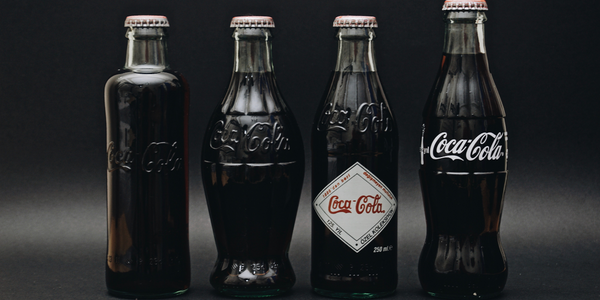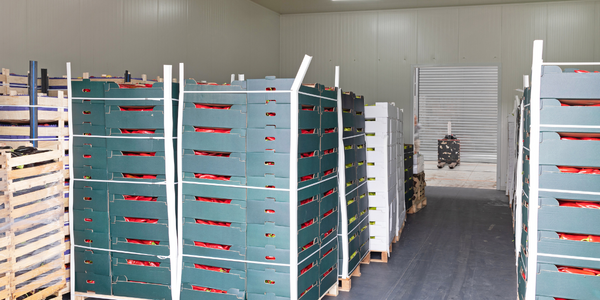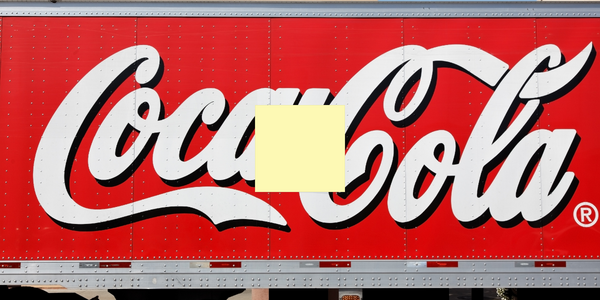Download PDF
MercuryGate Helps USCS Reduce Carrier Costs, Gain Efficiency; Fast, Easy-to-Use Technology Creates Opportunities, Adds Value
Technology Category
- Functional Applications - Transportation Management Systems (TMS)
- Analytics & Modeling - Predictive Analytics
Applicable Industries
- Food & Beverage
Applicable Functions
- Logistics & Transportation
- Warehouse & Inventory Management
Use Cases
- Fleet Management
- Predictive Maintenance
- Supply Chain Visibility
- Inventory Management
Services
- System Integration
- Software Design & Engineering Services
The Challenge
USCS needed to reduce carrier expenses as a percentage of revenue and also reduce the number of trucks needed for daily operations. The company faced challenges in optimizing the consolidation and transportation of hundreds of temperature-sensitive shipments each day. With a need to improve load planning processes and provide total control and visibility, USCS sought a solution that could integrate seamlessly with their existing transportation management system (TMS).
About The Customer
United States Cold Storage (USCS) is one of the largest providers of temperature-controlled warehousing, transportation, and logistics in North America. The company specializes in consolidating shipments, primarily frozen food items from multiple vendors, to create truckloads going to common destinations and consignees. Approximately half of its 34 warehouses serve as regional distribution centers for a nationwide multi-vendor consolidation (MVC) program, which is a fundamental element of USCS’s integrated operations and value proposition. USCS is committed to maintaining the integrity of its shipments, ensuring that temperature-sensitive products are handled with care to meet customer requirements and avoid costly fines.
The Solution
USCS selected Mojo, a load optimization tool from MercuryGate, to achieve its goals. By integrating Mojo with their existing TMS, USCS was able to automate its planning system. Shipment and rating data is transmitted to Mojo, which creates consolidated loads and sends data back to the TMS. USCS users maintain control by reviewing the plan output and making necessary modifications. Mojo helps consolidate less-than-truckload (LTL) freight into high cube shipments at cost-effective rates and coordinates order movement through well-defined sailing schedules. The platform optimizes and re-optimizes between 400 and 500 orders at a time in less than one minute, providing fast and efficient load planning. Mojo's adaptability allows users to customize the interface and export data for further analysis, improving overall performance and preventing service issues.
Operational Impact
Quantitative Benefit
Related Case Studies.

Case Study
The Kellogg Company
Kellogg keeps a close eye on its trade spend, analyzing large volumes of data and running complex simulations to predict which promotional activities will be the most effective. Kellogg needed to decrease the trade spend but its traditional relational database on premises could not keep up with the pace of demand.

Case Study
HEINEKEN Uses the Cloud to Reach 10.5 Million Consumers
For 2012 campaign, the Bond promotion, it planned to launch the campaign at the same time everywhere on the planet. That created unprecedented challenges for HEINEKEN—nowhere more so than in its technology operation. The primary digital content for the campaign was a 100-megabyte movie that had to play flawlessly for millions of viewers worldwide. After all, Bond never fails. No one was going to tolerate a technology failure that might bruise his brand.Previously, HEINEKEN had supported digital media at its outsourced datacenter. But that datacenter lacked the computing resources HEINEKEN needed, and building them—especially to support peak traffic that would total millions of simultaneous hits—would have been both time-consuming and expensive. Nor would it have provided the geographic reach that HEINEKEN needed to minimize latency worldwide.

Case Study
Energy Management System at Sugar Industry
The company wanted to use the information from the system to claim under the renewable energy certificate scheme. The benefit to the company under the renewable energy certificates is Rs 75 million a year. To enable the above, an end-to-end solution for load monitoring, consumption monitoring, online data monitoring, automatic meter data acquisition which can be exported to SAP and other applications is required.

Case Study
Coca Cola Swaziland Conco Case Study
Coco Cola Swaziland, South Africa would like to find a solution that would enable the following results: - Reduce energy consumption by 20% in one year. - Formulate a series of strategic initiatives that would enlist the commitment of corporate management and create employee awareness while helping meet departmental targets and investing in tools that assist with energy management. - Formulate a series of tactical initiatives that would optimize energy usage on the shop floor. These would include charging forklifts and running cold rooms only during off-peak periods, running the dust extractors only during working hours and basing lights and air-conditioning on someone’s presence. - Increase visibility into the factory and other processes. - Enable limited, non-intrusive control functions for certain processes.

Case Study
Temperature Monitoring for Restaurant Food Storage
When it came to implementing a solution, Mr. Nesbitt had an idea of what functionality that he wanted. Although not mandated by Health Canada, Mr. Nesbitt wanted to ensure quality control issues met the highest possible standards as part of his commitment to top-of-class food services. This wish list included an easy-to use temperature-monitoring system that could provide a visible display of the temperatures of all of his refrigerators and freezers, including historical information so that he could review the performance of his equipment. It also had to provide alert notification (but email alerts and SMS text message alerts) to alert key staff in the event that a cooling system was exceeding pre-set warning limits.

Case Study
Coca-Cola Refreshments, U.S.
Coca-Cola Refreshments owns and manages Coca-Cola branded refrigerators in retail establishments. Legacy systems were used to locate equipment information by logging onto multiple servers which took up to 8 hours to update information on 30-40 units. The company had no overall visibility into equipment status or maintenance history.




